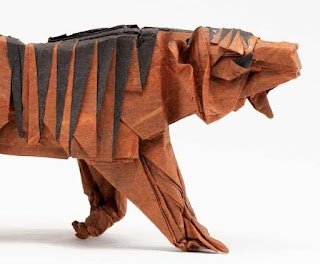Wordle is my favorite new thing from 2022. It's a part of my morning routine to sip coffee and eat cereal while solving this puzzle. I like comparing my solves with my wife. At one point our daughter played the game, and it was fun trying to have the fewest guesses.
I like Wordle's history: Josh Wardle, a programmer, makes a game to play with close friends and family. He makes a website for this game, which allowed more people to play it. He created a nifty emoji-based scorecard which was easy and fun to share. Within a year his game becomes viral. Frustrated by copy-cat versions of his game, he made a deal to sell his game to The NY Times.
Like other programmers, I took stabs to solve Wordle programmatically. However, the enduring challenge is solving it with just the clues that emerge from the game itself. The fact that you can only play one game per day is another draw. At first, Wordle allowed every five-letter word to be in the puzzle, but he whittled that down to the most popular 6000 words. At one game per day, we're talking 15 years of puzzles!
Some Wordle words are fiendishly difficult. Double consonants and double vowels add difficulty. If I can identify the first letter, it's usually easier. Some words are hard enough that I wouldn't finish the game during my breakfast. Instead, I'd let the puzzle linger in my head, turning over the letters until an hour or so later, usually in the bathroom, I'll remember my game and when I open it, I'll instantly solve it.
Someone on Twitter said that the ideal starting word is TASER, because it contains the most popular letters. My brother said AUDIO is another great starter: you identify the vowels early! In the end, what's worked best for me is to come up with a brand-new five-letter word every morning. Before it was a word from the cereal box (WHOLE, WHEAT, HEART, GRAIN), but nowadays I pick something out of the blue, like my mood for the day: CRANK, FUNNY, SMILE.
I am competitive with my Wordle score. I always try to get the word before the sixth and last guess. My Wordle statistics show 100s of solves in 4 and 5 guesses and I like to keep it that way. Ultimately it's a guessing game, so I try not to get too down about not getting the word (breaking my streak). Of late I've been posting my scores on a public Facebook group. Look for my posts there if you want to see my recent puzzles!













